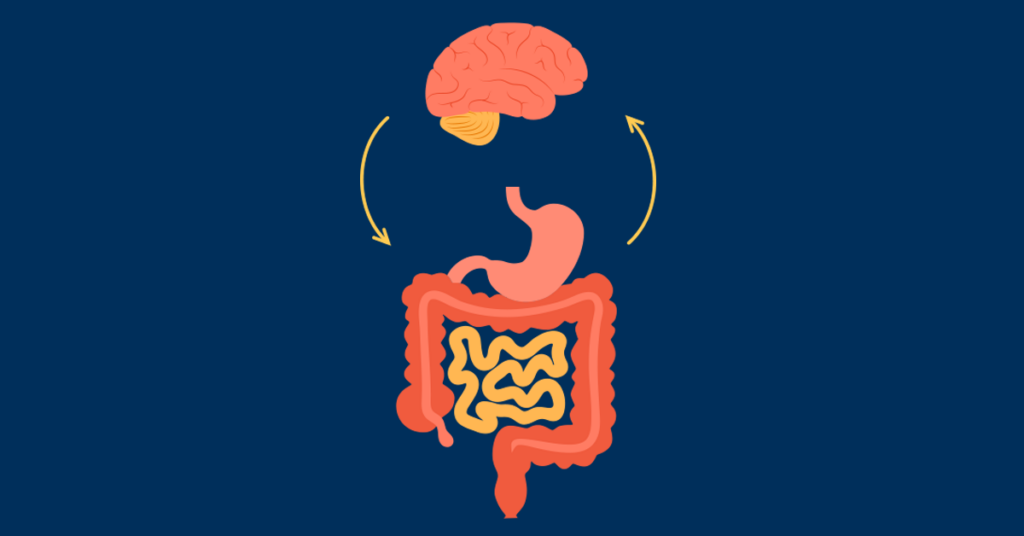
There’s something lowkey eerie about how you can pop a bite of kimchi or sip on a swig of kefir, and minutes later, your mood does a full 180 like it got smacked by divine intervention.
Not placebo. Not vibes. Not you overthinking your probiotics. No—something else is going on. Something that sounds straight out of sci-fi but sits right there, in your fridge, in a jar with bubbling pickles whispering ancient secrets to your neurons.
You’re not crazy for feeling calmer, sharper, or even slightly euphoric after fermented stuff. That tangy fizz? Might just be your microbiome throwing a rave… and your brain’s on the guest list.
Let’s crack this open like a jar of miso that’s been fermenting for three weeks too long. First off, it’s not just “gut health” anymore. That phrase has been slapped on too many labels and sold like snake oil.
What’s actually happening? These ferments—real, funky, raw, unapologetically alive—are not just chilling in your gut digesting fiber. Some of them might be hijacking the nervous system like they’ve got a masterplan.
We’re talking whispers through the vagus nerve, shooting signals straight up the spine like biochemical love letters from your colon to your cortex.
And no, this isn’t a kumbaya tale of balance and wellness and chakras in alignment. This is dirtier. Wilder. A little unruly.
Because the microbes in fermented foods don’t play by your clean-cut, lab-coat rules. They’re ancient. Primitive. Smarter than we give them credit for.
These microscopic punks can churn out neurotransmitters like serotonin and GABA—yeah, the same ones Big Pharma has you paying rent for—and drop them off at your gut lining like it’s a street corner deal.
The body’s like, “Cool, thanks,” and forwards the package to your nervous system. No customs. No questions.
And you wonder why some people are out here sipping on sauerkraut juice before therapy.
It’s not even that wild when you think about it. We’ve been fermenting food since before we had writing systems, and somehow, ancient cultures knew these foods weren’t just for preservation.
You ever wonder why every ancestral diet—Japanese, Ethiopian, Slavic, Indonesian—has something fermented tucked in? That’s not a coincidence. That’s evolution winking at us. Maybe they didn’t have words like “microbiota” and “vagus nerve,” but they knew the fermented stuff did something different. Something that couldn’t be explained, just felt.
“The gut is not Las Vegas. What happens there does not stay there.”
That right there? That’s the thesis.
Because when those microbes in natto or raw sauerkraut start producing bioactive compounds, they’re not keeping it local. They’re throwing biochemical pebbles into your gut lining pond, and the ripples go everywhere—from mood to memory to how you deal with your ex texting you at 2AM.
Some studies are starting to connect specific strains in ferments with shifts in anxiety, depression, focus, even sleep patterns. But of course, it’s messy science.
The kind that doesn’t make it to your yoga influencer’s infographic. This is grey-zone biology, where ancient food rituals meet the neurochemical labyrinth of your brain.
And before you go romanticizing it too hard, let’s be clear: not every ferment is a mental health superhero. Some are dead on arrival—pasteurized to oblivion. Others are crawling with questionable microbes your gut might not love.
But the raw, live, stinky ones that make your fridge smell like a gym sock apocalypse? Those are the ones you should be side-eyeing. Those are the ones possibly throwing secret handshakes to your central nervous system.
It’s almost spiritual, in a way. Not in the “woo-woo” sense, but in the “we-know-nothing-about-how-this-body-really-works” sense.
Like maybe those crocks of fermenting cabbage and funky soybeans are little neural command centers. Like maybe they’ve been pulling strings behind the scenes longer than we’ve been mapping neurons.
So next time you bite into a sharp, funky bite of tempeh or gulp a gulp of sour kombucha and feel your brain do a little happy dance? Don’t shrug it off. Don’t write it off as a fluke. Maybe it’s your second brain—your gut—finally getting the mic. And what it’s saying?
Might just be smarter than half the thoughts in your head.
“The microbes speak. The nervous system listens. And your reality? Might just be their conversation.”
So yeah. Pass the kimchi. Let the bacteria talk. You never know what they’re saying—but damn, it feels good.









